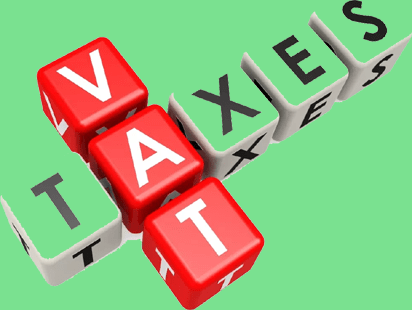An Abuja-based financial analyst, Omowunmi Samuel, says the Federal Inland Revenue Service (FIRS) is not introducing any new tax on Nigerians’ savings, dismissing viral claims suggesting the government plans to levy fresh taxes on Treasury bills, corporate bonds and other short-term investments.
Samuel said the controversy stems from a “basic misunderstanding” of how investment income is taxed in Nigeria.
Speaking on Wednesday, Samuel clarified that the withholding tax on interest income has been in place for years under the Companies Income Tax Act, which empowers the FIRS to deduct tax at source from interest earned on financial instruments.
“This policy has been in place for years, so it is incorrect to claim that the government is suddenly targeting savings,” she said.
Paystack has suspended its co-founder and chief technology officer, Ezra Olubi, following an allegation of sexual misconduct involving a subordinate.
WhatsApp has rolled out a new “Question” sticker, allowing users to post Q&A prompts on Status or Channels and gather all responses in one place.
diVine, the reboot of the iconic Vine app, is making a comeback with support from former Twitter CEO Jack Dorsey. The platform will relaunch with 10,000 archived clips and a strict no-AI rule, promising a return to authentic, creator-driven short videos.
ALSO READ: 5 Bank Charges Nigerians Will Stop Paying from January 2026
She added that the recent FIRS public notice was only a reminder to banks and financial institutions to enforce an already-existing obligation, not the introduction of a new levy.
Savings Not Taxed, Only Interest Income
Samuel said many Nigerians are mixing up personal savings with interest earned on savings and investments.
“The tax does not apply to the principal amount saved, only to the income generated,” she explained.
She noted that while savings themselves are not taxed, interest income, treated as earnings, has always been subject to withholding tax.
A temporary exemption on interest from short-term securities reportedly expired last year, meaning financial institutions must now return to full compliance.
Samuel linked the renewed enforcement to Nigeria’s 2025 tax reform strategy, aimed at boosting non-oil revenue at a time of falling crude output and rising public debt.
She said the approach aligns with global standards, as many countries automatically deduct tax on investment income to improve compliance and transparency.
Analyst Warns Against Misinformation
Samuel cautioned that widespread misinformation about tax policy could fuel unnecessary public panic, stressing that the current administration has introduced no new taxes.
ALSO READ: This Is What VAT in Nigeria’s Tax Reform Means for Average Nigerians and Small Businesses
“The FIRS is not targeting personal savings. What it is doing is making sure that taxable investment income is properly accounted for, just as it has always been,” she said.
She urged Nigerians to rely on verified information and avoid social media speculation that may distort the government’s revenue reforms.


&format=jpeg)
&format=jpeg)
&format=jpeg)






